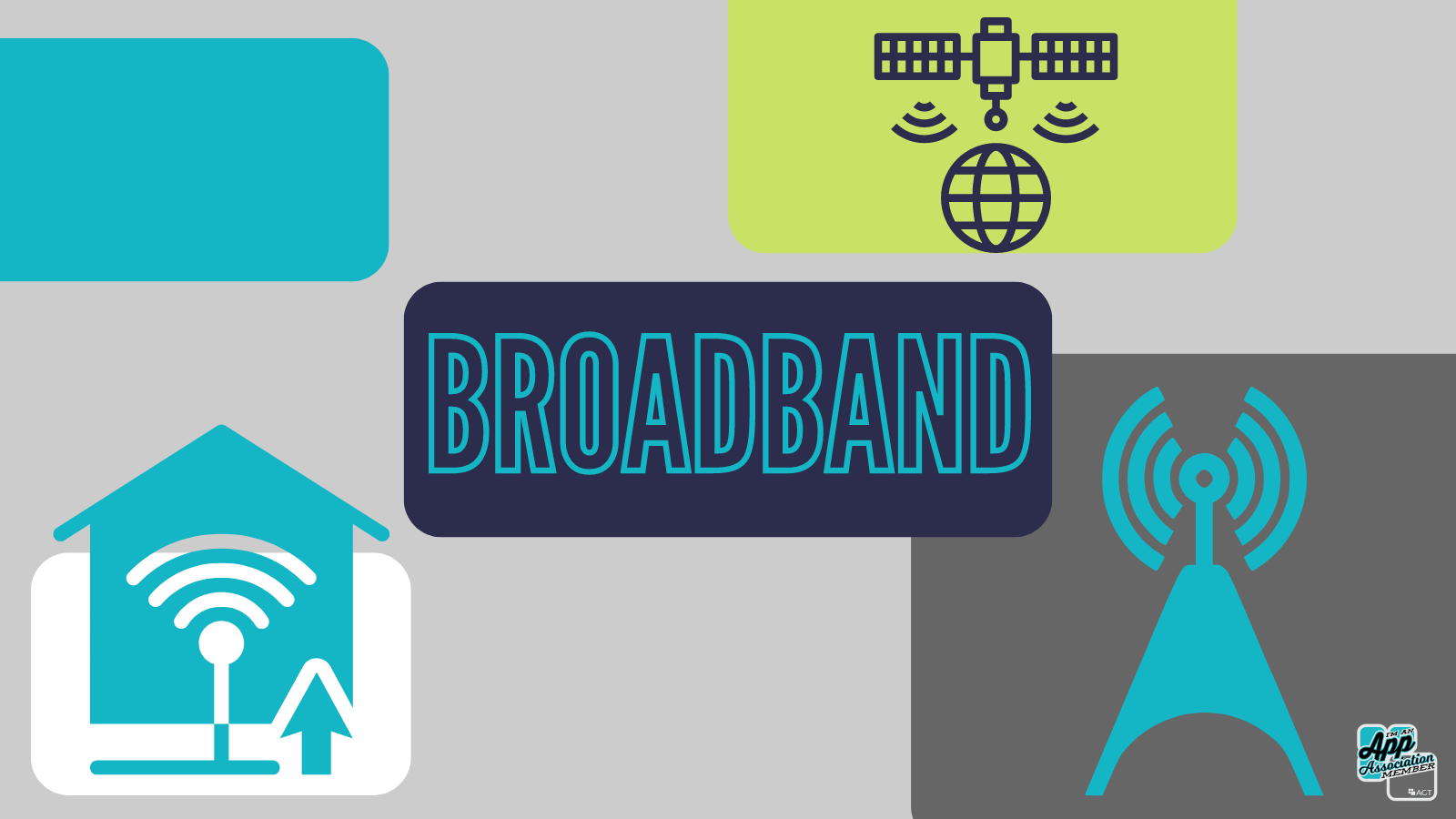In today’s connected world, the quick and seamless flow of data across borders and networks is critical to the success of the global digital economy. Policymakers worldwide have begun to recognise the benefits of a strong, reliable network; however, it seems that a select few have developed a curious path to execute this shared goal of an expanded network. Some of these plans include proposals for new network fees that would be charged to companies that are customers of broadband providers, in addition to the subscription fees they already pay. While supporters often term them as ‘fair share’ initiatives, their implementation would undermine the ability of small and medium-sized enterprises (SMEs) to invest, hire, and innovate. With regulators in the EU, and around the world, thinking about subjecting businesses to new network usage fees, we’re highlighting the ‘fair share’ issue for our SME members and the policymakers who represent them.
‘Fair Share’ explained
Proposals to introduce network fees, such as those being considered by the European Commission, would effectively impose an additional tax on businesses that generate significant traffic on electronic communication networks (ECNs). Enhanced and expanded ECNs are certainly critical for supporting access to and innovation across the digital economy. However, it is not ‘fair’ at all to require those on the network edge to foot a new bill for the maintenance and expansion of telecommunications infrastructure, especially since businesses already pay subscription fees directly to ECNs for network access.
In discussions about network fees, it’s crucial to recognise that internet users generate most of the network traffic. Internet users pay directly to telecoms for the network they use, which can be reinvested into further expansions by telecom companies. Shifting the burden of paying for consumer-generated network traffic to businesses won’t help anyone and will just create more confusion and distortion. These additional costs will ultimately be passed on to other businesses and consumers, exacerbating the financial strain without solving the underlying issues.
Advancing a ‘fair share’ proposal is a radical step that would raise consumer prices and distort competition in the digital economy for App Association members. Instead of imposing yet another layer of fees on companies, and indirectly on internet users, policymakers should take every opportunity to improve competition amongst ECNs, which will spur them to improve network reach and quality.
Negative effects on SME innovation
While the proposed ‘fair share’ network fees may target large tech companies, the ripple effects would reach SMEs, causing significant unintended consequences. Large platforms, like cloud providers, would offset additional ‘fair share’ expenses by passing these costs on to their customers, including SMEs. Startups and SMEs often operate on small margins and find it increasingly difficult to compete when faced with additional costs. The financial strain new ‘fair share’ fees would present would take away from investing in groundbreaking projects or entering new markets.
Additionally, imposing network fees would violate the well-established net neutrality principles in the EU and UK, which ensure all internet traffic is treated equally. To the extent that policymakers have concerns with telecommunications providers being allowed to overcharge edge companies, the ‘Fair Share’ proposal goes well beyond such an allowance and in fact mandates that such fees be assessed. Further, insofar as the rule would compel and define the details of these payments, they would be shielded from market forces that could otherwise apply downward pressure on costs and ensure they are assessed at the appropriate link in the supply chain. The digital ecosystem thrives when innovation can emerge from entities of all sizes. Government-mandated network fees threaten to disrupt this balance, imposing unnecessarily high costs on small businesses.
Moving forward
The App Association is committed to enhancing competition across ECN markets and supports numerous alternatives to existing ‘fair share’ proposals with policymakers around the world. In the United States, we’ve collaborated with regulatory bodies to address digital infrastructure challenges and led in pulling together input on relevant proposed legislation. In Europe, we’ve actively engaged in European Commission consultations and advocated for balanced investment incentives, most recently responding to the European Commission’s consultation on its White Paper titled ‘How to master Europe’s digital infrastructure needs?’ We will continue to monitor global initiatives related to supporting strong broadband networks that are critical to the digital economy to ensure that startups and SMEs are not unfairly burdened with new and additional network traffic fees.
If you are an SME interested in learning more or joining our ‘Fair Share’ efforts, email Brad Simonich here.
